Stainless Steel Investment Casting: Notes from the Floor and the Field
I spent last week reviewing a machinery part run that came off a fresh tool. To be honest, the first-off quality surprised me—dimensional spread was tighter than we expected for an early pour. That’s the thing with stainless investment casting done right: it quietly solves problems that forgings or fabrications keep creating.
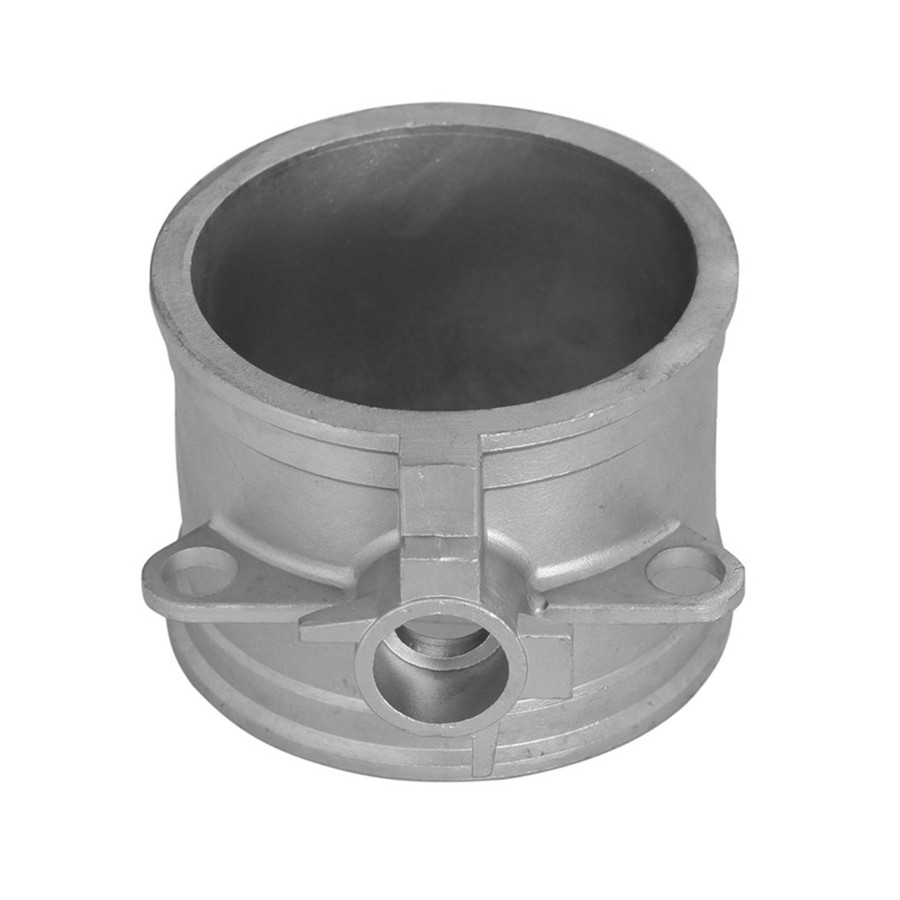
Origin matters too. This part line is based in Gelan Building, No.256 Xisanzhuang Street, Shijiazhuang, Hebei, China—an area that, frankly, has become a quiet hub for precision shell casting and finishing. The product brief is simple but sensible: ASME-aligned, polished surface, CNC-machined criticals, steel alloys, and size as per drawing. In practice, the details make it sing.
Why stainless investment casting is trending now
- Net-shape efficiency: fewer setups, fewer weld seams.
- Design freedom: internal radii, fillets, lightweighting—DFM that feels like cheating.
- Resilience: corrosion resistance for auto, motorcycle, and general machinery in rough climates.
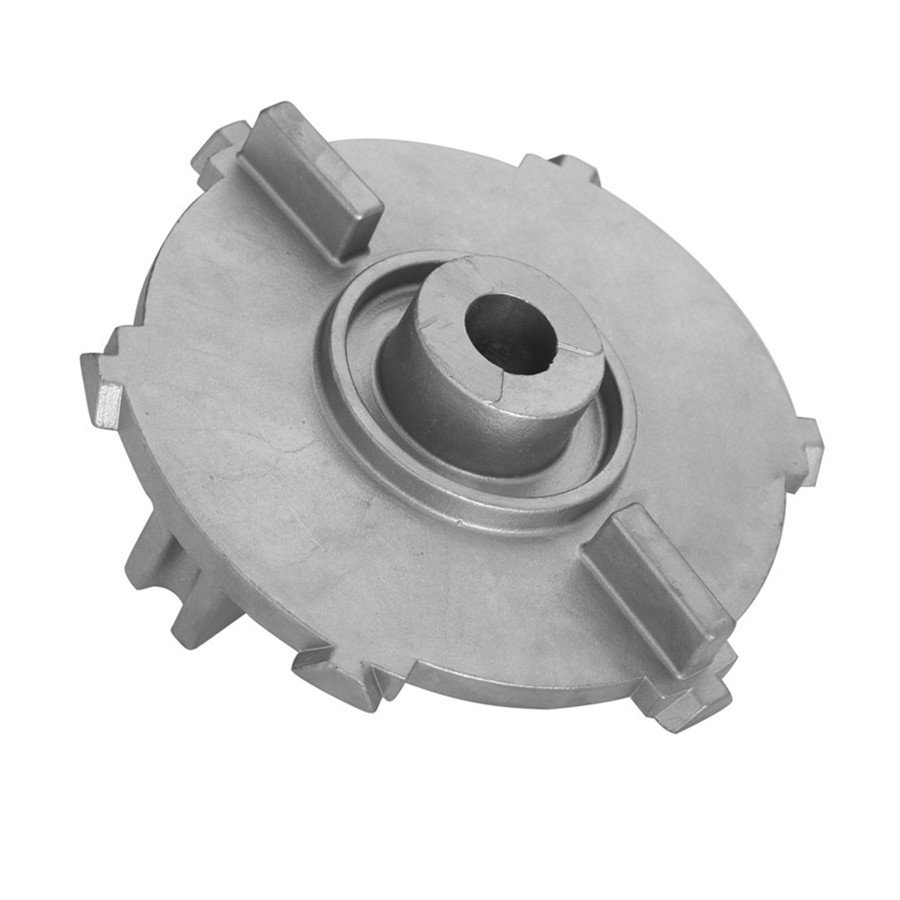
Typical specs (real-world values, ≈ ranges)
| Process | Investment casting + CNC machining + polishing |
| Alloys | CF8/304, CF8M/316, 17-4PH (others on request) |
| Size window | ≈10–500 mm envelope, as per drawing |
| Tolerances | ISO 8062 CT6–CT7; ≈±0.3 mm ≤100 mm features (after CNC tighter) |
| Surface | As-cast Ra ≈3.2–6.3 μm; polished/machined to Ra ≈0.8–1.6 μm |
| Heat treatment | Solution anneal (304/316), 17-4PH H900–H1150 (per print) |
| Mechanicals | Tensile ≈480–900 MPa (by grade); Hardness ≈150–330 HB |
| Standards | ASME drawing practice, ASTM A743/A967, ISO 8062 |
| Service life | Around 5–10 years in mixed outdoor duty (varies with load/corrosion) |
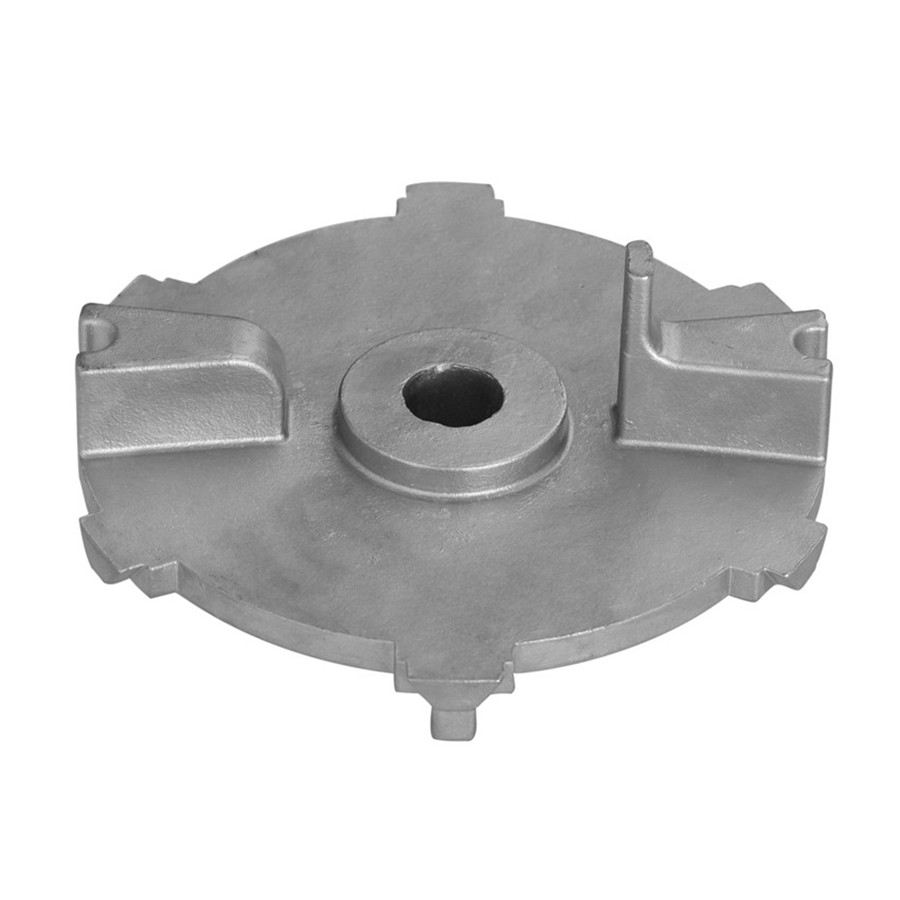
Process flow (how your machinery part is made)
- DFM + gating simulation; confirm GD&T (ASME Y14.5).
- Wax pattern injection and assembly; shell building (zircon/alumina).
- Dewax, preheat, and pour; typical melt monitoring with spectrometer.
- Knockout, cutoff, shot-blast; solution treat or age (as required).
- CNC machining on datumed faces; polishing and ASTM A967 passivation.
- Testing: 100% visual, dimensional CMM (ISO 8062), DPI per ASTM E1417, optional X-ray per ASTM E446, PMI via XRF.
Industries: auto and motorcycle subsystems, pumps/valves, agricultural linkages, light construction kits, and general machinery part spares. Many customers say the corrosion margin alone is worth the switch.
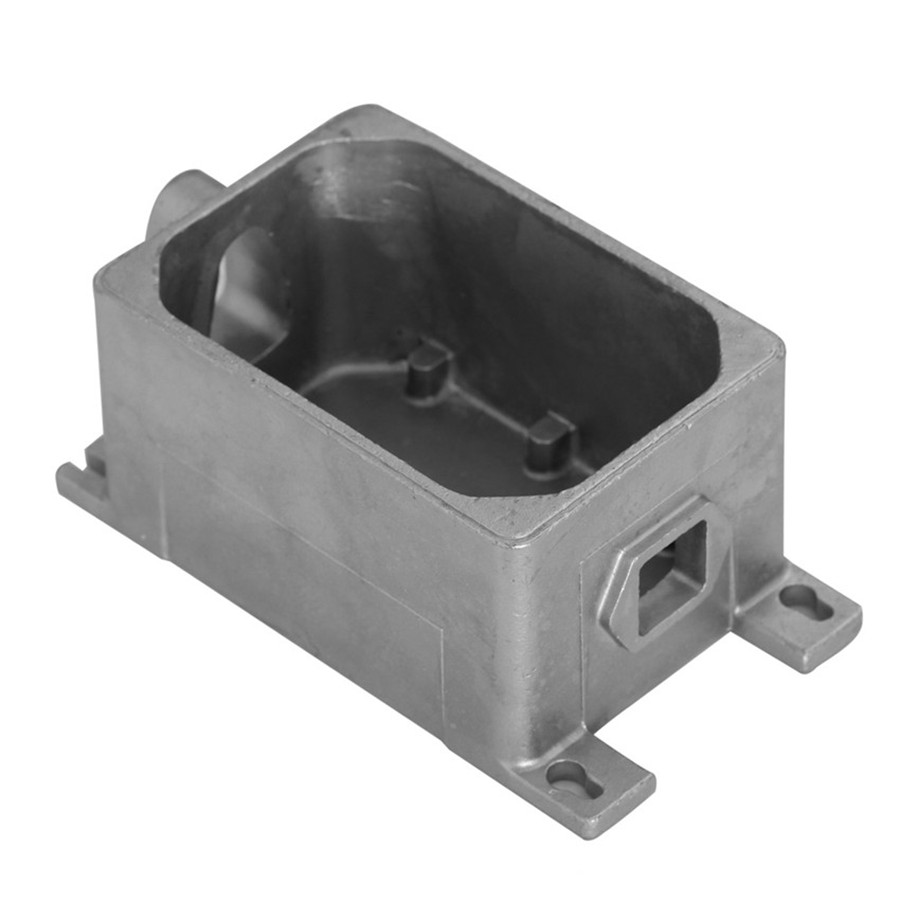
Vendor comparison (field-notes, not gospel)
| Criteria | Mingda Metals | Vendor A (Domestic) | Vendor B (Low-cost) |
|---|---|---|---|
| Certs | ISO 9001; IATF-ready projects | ISO 9001 | Varies |
| Lead time | Tooling ≈3–5 wks; mass ≈2–4 wks | ≈4–6 wks; ≈3–5 wks | ≈5–7 wks; ≈4–6 wks |
| NDT | DPI, X-ray (on request), PMI | DPI standard | Limited |
| Pricing | Mid; good TCO via lower scrap | Mid-High | Low sticker; higher rework risk |
Customization and real-world feedback
Customization is straightforward: geometry as per drawing, alloy per environment, finishes per spec (polishing/passivation), and packaging that actually survives freight. MOQ is flexible for PPAP lots. It seems that buyers like the clean PPAP packages and the way first-article reports line up with CAD—less debate, faster approvals.
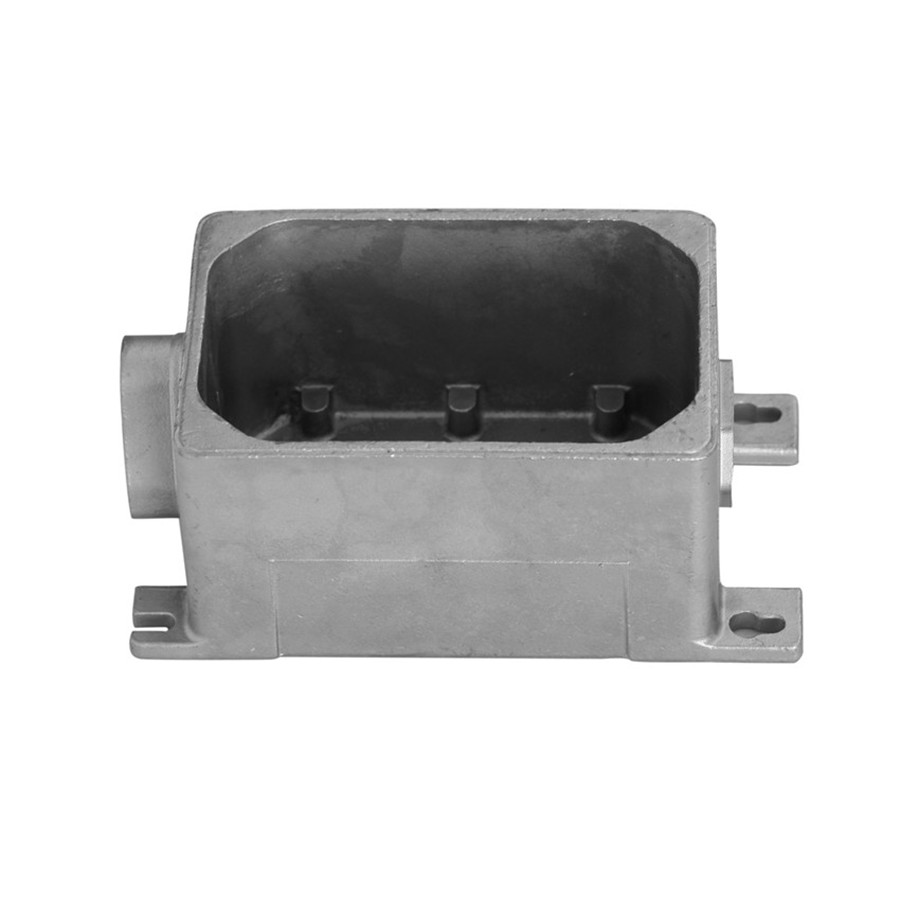
Case study (short and sweet)
A forklift OEM moved a bracket-type machinery part from weldment to cast 316. Results: mass −12%, dimensional Cp/Cpk improved from 1.1 to 1.67 on key bores, and scrap dropped from ≈4.2% to 1.1% in three months. Tooling to SOP in eight weeks, which—considering holidays—that’s quick.
Final take
If your drawing calls for durability, corrosion margin, and tidy GD&T, a stainless investment-cast machinery part is, frankly, hard to beat. Not the cheapest per unit sometimes, but total cost of ownership? Often the winner.
Authoritative references
- ASME Y14.5-2018: Dimensioning and Tolerancing. https://www.asme.org
- ISO 8062-3: Geometrical tolerancing for castings. https://www.iso.org
- ASTM A743/A743M: Castings, Iron-Chromium, Iron-Chromium-Nickel, Corrosion-Resistant. https://www.astm.org
- ASTM A967/A967M: Chemical Passivation Treatments for Stainless Steel. https://www.astm.org
- ASTM E1417/E1417M: Standard Practice for Liquid Penetrant Testing. https://www.astm.org
Hebei Mingda International Trading Company is a trading company which is specialized in castings, ODM Ductile Iron Manhole Cover forgings and machinery parts.Our products include all kinds of raw castings to be made of ductile iron , grey iron , brass , stainless steel and aluminums, machined castings and forged parts .ODM Ductile Iron Covers To make these parts according to the customers’Custom Iron Casting drawings , we have relative suitable production craft and equipments, such as resin sand , sand mould , hot core boxes , lost-wax , lost –foam and so on Iron Casting Manufacturer Custom.Specially for hydrant bodies and valves’Ductile Iron Manhole Cover Manufacturer bodies, we have collected rich experience for these products in the past 16 year’s actual production, Now we are proud of our products with good surface and high quality material. Iron Casting ManufacturerWhatever,we have been trying our best to provide our customers with better quality castings by improving production crafts and more careful quality control.Cast Iron Castings Manufacturer|super blog